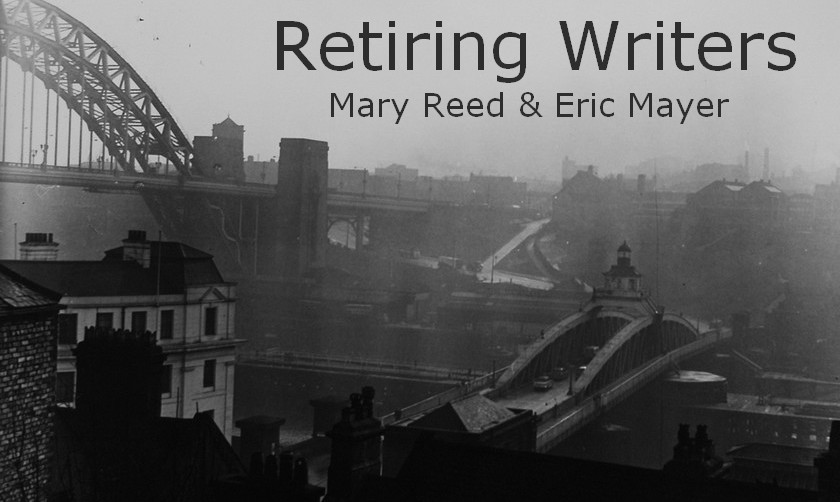I can't recall when I first held a coin or understood its significance but I must have been very young because by the time I entered grade school I was dealing with personal finances. My allowance was a quarter a week, "compensation" for chores like keeping my room tidy. Although this might seem a paltry amount it was enough to buy an issue of Detective comics featuring a Batman and Superman team up (ten cents) see a movie at the local theater (fourteen cents) and buy a piece of Bazooka bubblegum, wrapped with a horribly printed and laughably unfunny Bazooka Joe cartoon.
Mary remembers being given a shilling which, according to the Internet, would have been worth only fourteen cents at the time, but then she grew up in a poor part of Newcastle-Upon-Tyne whereas I lived in a middle-class US suburb. Not that the discrepancy was quite as bad as it appears. Admission to her local cinema was only nine old pence, the equivalent of ten cents, so she needed to spend 64% of her income on a movie while I had to spend 56%, a modest difference. I didn't look up what she would have paid for a Detective comic because I doubt she would have wanted one.
I did make an effort to augment my allowance by selling hand-drawn comics on the school playground at recess. Incredible as it might seem my classmates were willing to pay a few cents or a nickel (depending on length and whether pencil or full color crayon was used) on titles like Mortimer the Talking Dog, Elmoe the Talking Fish and King Cotton vs Boll Weevil.
In warm weather I set up a card table on the sidewalk in front of the house to sell lemonade. My parents capitalized the business supplying sugar and lemons, but received no part of the profits. I was a shrewd businesskid. I tried to sell comics too but thirsty adults were not especially interested in a Giant Annual Elmoe and Mortimer Team Up.
Sitting at my computer during the heat wave we're enduring I'm reminded of how my childhood income increased in the summer. My parents ran a picnic grove and the family moved to a cottage there. This opened new and more lucrative entrepreneurial opportunities. I scooped minnows out of the lake and turned over rocks in the creek, finding crayfish which I knew -- being an expert crayfish hunter -- would jet away backwards into my waiting paper cup. A cup of minnows could fetch a dime from picnickers and some would pay a nickel for a single crayfish. At the time I didn't give much thought to why anyone would pay for minnows and crayfish. I liked to watch them swimming or crawling around in a jar and I guess I figured others would appreciate them too. It didn't occur to me that the poor things were bought for bait. I fished but used earthworms which didn't seem so much like actual animals.
Even better profits could be made by picking up discarded returnable bottles. There was a two cent deposit in Pennsylvania. It was like a treasure hunt. I'd search the weeds beside the road around the lake finding an empty Coke here, a Ma's Black Cherry there. The asphalt burned my bare feet if I didn't keep moving. In the grove there might be a sarsaparilla under a picnic table, a Royal Crown Cola beside a birch tree. If so many people hadn't ignored the no-litter laws and been too lazy to dispose of their trash properly I would have been out of luck. I was making money off human weakness and vice, just like the Mafia.
All those empties added up. And a good thing too. The little store where I cashed in my finds sold Davy Crockett cards one year. At five cents a pack it turned out to be an expensive proposition to collect the whole set but I managed.
After I grew up I earned a lot more than I did with returnables, bait, comics, and lemonade stands but I never had as much fun making money, except maybe when Mary and I were writing novels and short stories.
